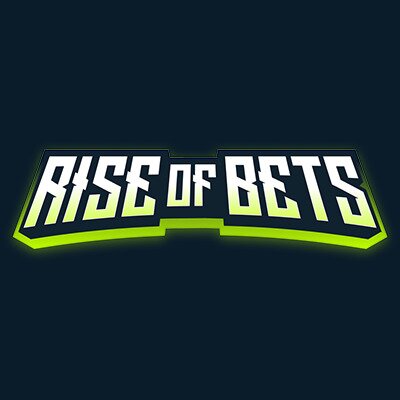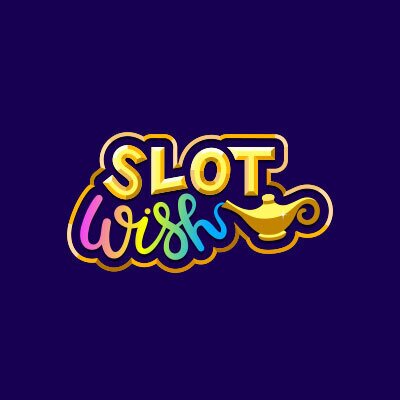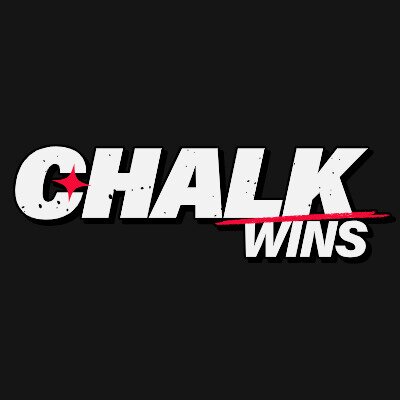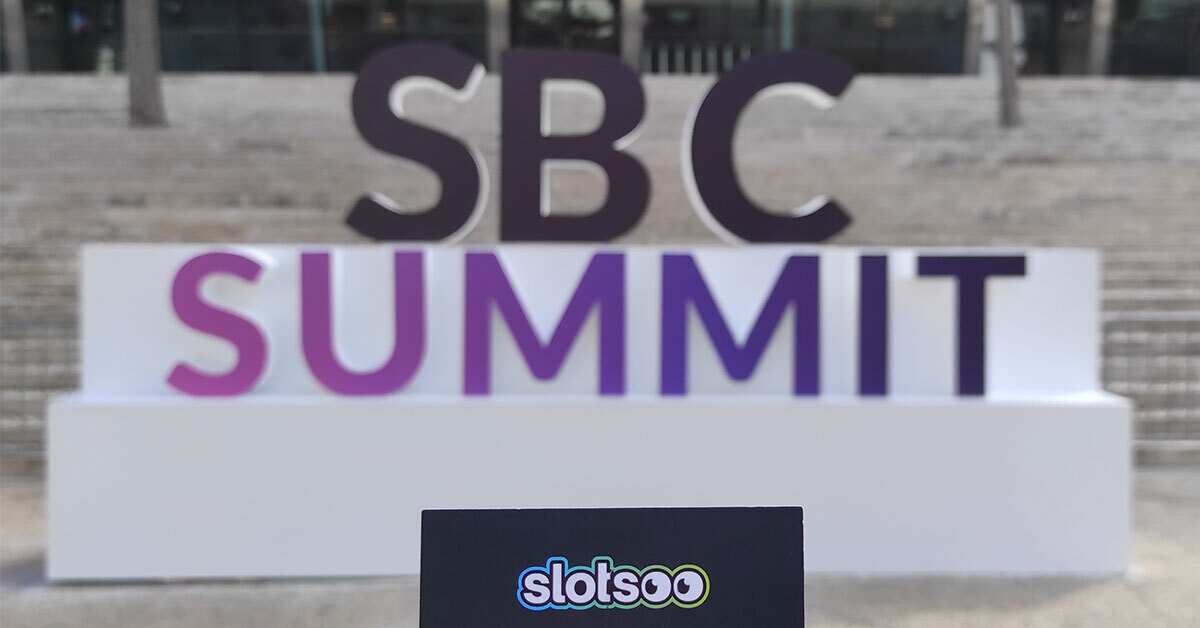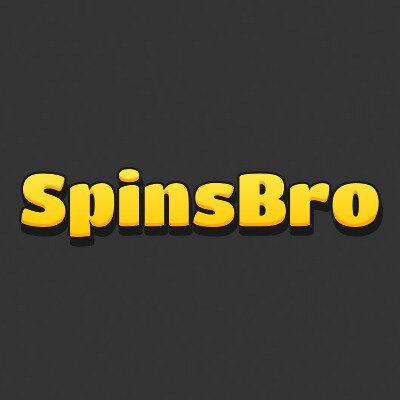Slotsoo at Mare Balticum 2024 – What’s up in the Baltics and Nordics?
Slotsoo visited the Mare Balticum Gaming & Tech Summit 2024. This two day conference focused on the Nordic and Baltic regions and featured several panels with a strong focus on law and regulation. In this event report, we try to summarize the most interesting news from an EU player’s perspective in a way that is easy to digest.
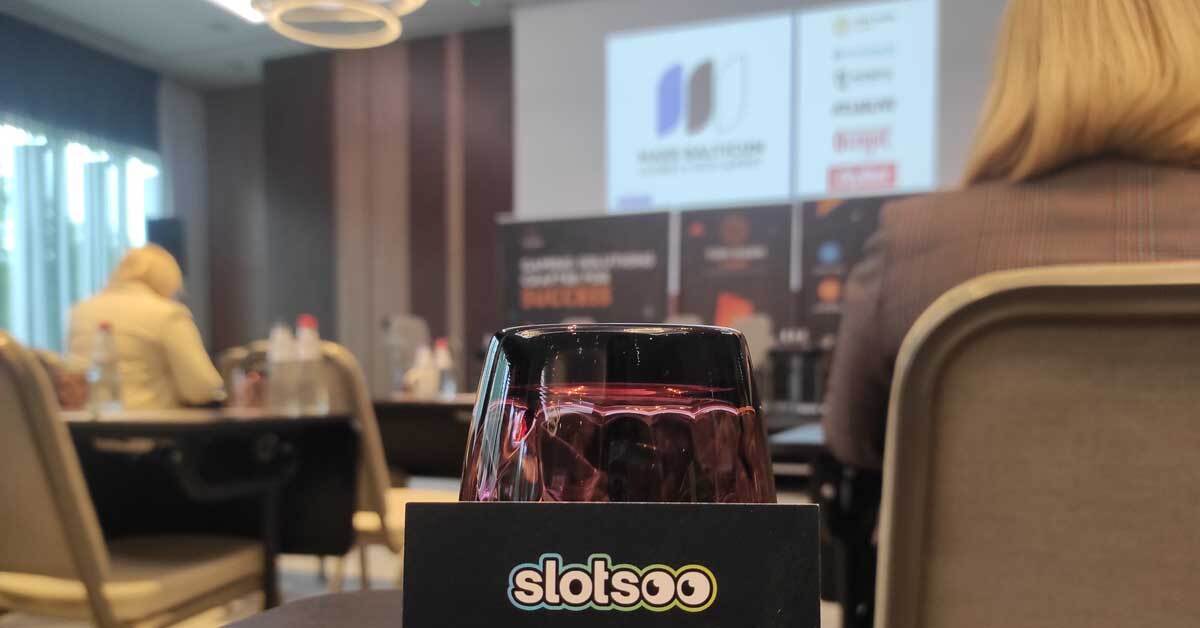
Gaming Tax Hikes Planned for All Three Baltic States
Gaming regulations and tax were discussed heavily at the event. All three Baltic states have raised or will raise their tax level. Lithuania had the biggest jump, from 10% to 20%, while Latvia gaming tax increased from 10% to 12%. Estonia is raising their tax in increments, first from 5% to 6% and in 2026 it will be 7%.
Looking at the Nordics, Sweden is also planning to raise the tax on gross gaming revenue (GGR) from 18 percent to 22 percent. The other regulated market, Denmark, is the exception to the tax hikes. But in this country the tax is already one of the highest in EU at 28 percent.
Why should regular players care about increased taxes for casino companies you might ask? Increased gaming tax rates means bigger costs, which might result in less new casinos, less attractive bonus offers or even lower RTPs for slots.
Overregulation Benefits MGA and Curacao Casinos
More strict marketing rules in the Baltics was also discussed during this gaming and tech summit. Lithuania already has a blanket-ban on gambling advertising, while Estonia and Latvia are looking to introduce more restrictions.
The industry fears that these changes will result in more Baltic players choosing MGA casinos and those licensed in Curacao instead. The average player doesn’t know how to check where a casino is licensed, and will instead choose based on what brands they know and what bonuses are available.
We hope the regulators listen to the industry concerns. While both Malta and Curacao offer trusted casinos, there are many less serious licenses and totally unlicensed casinos too, that might benefit from this.
Overregulation is not the solution, since it enhances black market operators.
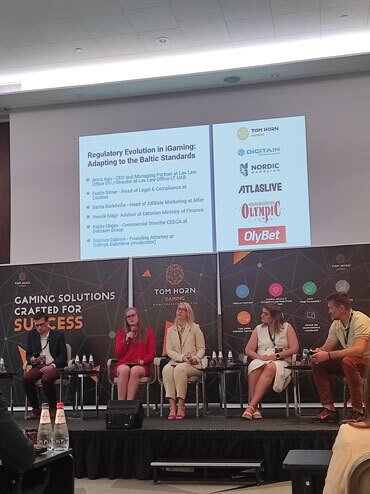
License News from the Nordics – Finland Law Draft Before Midsummer
The upcoming Finnish gambling license was a hot topic at this year’s conference. During a panel, Minna Ripatti, founding partner and legal advisor at Legal Gaming, speculated that the first draft of the law will be published before Midsummer.
So far, the government has been working on the law behind closed doors, so industry people are holding their breath and hoping it will not be too similar to Sweden’s. This country has chosen to ban all type of loyalty bonuses and license holders are only allowed to give one bonus to new customers.
At Slotsoo we sure hope the Finnish government will take more inspiration from the Danish system. Denmark has been recognized as the shining star in the EU, with a sensible regulation that balances regular player desires and responsible gaming measurements well. In fact, the Danish regulators have been having a good dialogue with the industry from the start.
Denmark has a high channelization rate, with Spillemyndigheden stating that around 92% of all online gambling happen on locally licensed sites. Meanwhile, the industry people estimate that 80-85% is a number closer to the truth, since you also need to consider Danes that play on foreign casinos that do not target Denmark in any way.
In Sweden the channelization estimates are much grimmer, and the industry has calculated that 36-40% of all online gambling happens outside the Swedish license. Not very surprising considering the bonus restrictions.
During the same panel, Maria McDonald, Partner at Nordic Gambling law firm, also shared some interesting numbers explaining why less casinos enter the Swedish market. So far, license holders have got around 60 SEK million in sanctions combined from Spelinspektionen (SGA), while actors on the unlicensed market haven’t received a single fine.
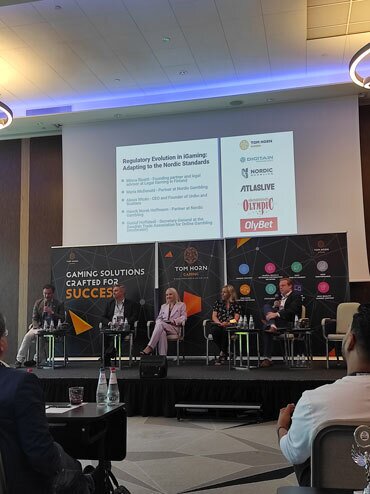
Learn More about Sweden and Finland Here
The Nordics Is a Very Peculiar Market
One panel was dedicated to Atlas Live presenting the latest statistics from the Nordics as a whole, and compared to Europe and the world. In Finland, Sweden, Norway and Denmark, online casino is more popular than sports betting (gaming stats from Iceland not included).
48% of GGR from online gambling (casino, lottery and sports betting) came from casino in the Nordics, while the share is 38% for Europe and 34% worldwide.
Scandinavians and Finns also spend a bigger share on lottery (24%) compared to the average European (21%) or the average human (14%). That leaves us with 28% share for sports betting in the Nordics, 40% in Europe and 52% worldwide.
At Slotsoo, we have separate language versions dedicated to three Nordic countries, so we are very familiar with this market, even though our English language version targets the EU region in general. Therefore, we cannot say that the Nordic peoples’ love for casino and slots come as a surprise.
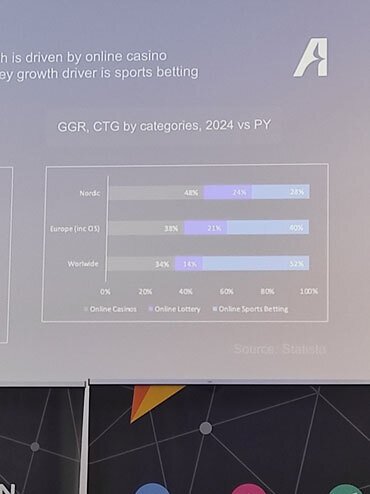
Photos from the Summit
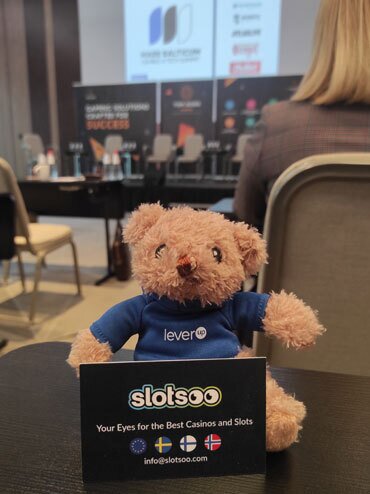



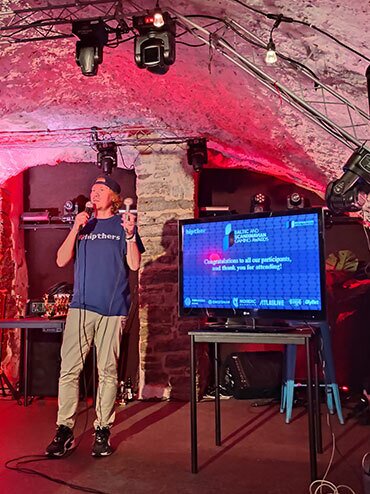
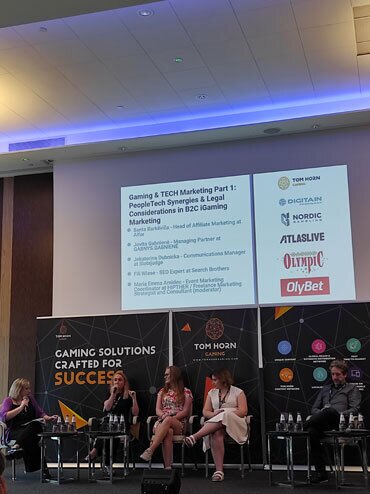
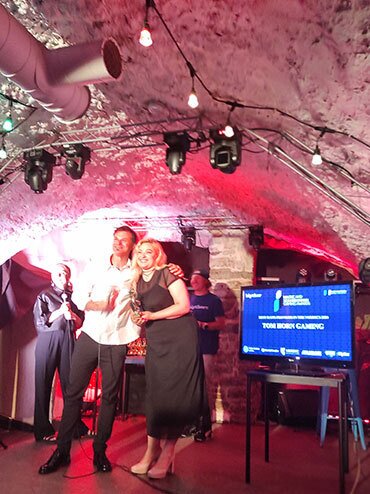
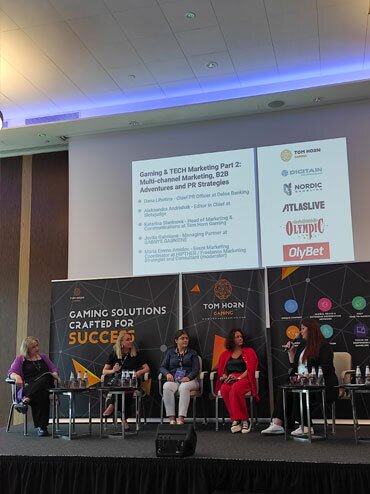
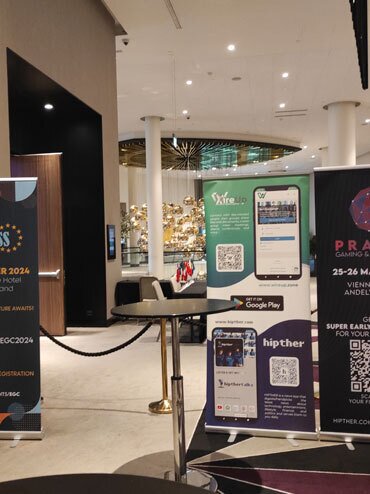
Copyright: Jonas Virtanen
The Future Dangers of AI, DSA, Gamification and Neuro-Marketing
Of course, the panels at Mare Balticum didn’t only cover the current state of business, but they also talked about future concerns. Here are some food for thought for every casino player:
- AI-generated content destroying the Internet Already now many casino reviews are written by language models (we refuse to call them Artificial Intelligence since they lack intelligence) such as ChatGPT, and social media is plagued by bot posts and comments. How will we be able to differ from real and fake and where will we find reliable information in the future?
- Digital Services Act and censorship risk
The Digital Services Act (DSA) is a new legislation that was approved earlier in 2024 and that will soon enter into force. The DSA is meant to protect EU citizens from harmful / illegal content online. But it is hard to balance player protection and freedom. Can gambling count as harmful and what happens when there is conflict of interest? For example, one country in the Baltics or the Nordics might ask Malta to block casinos that only have MGA license and not local license, but this goes against the EU principle of a free internal market. - Gamification used for evil to increase addiction
Gamification sure can be used for good stuff, and companies dedicated to improving responsible gambling processes exist (for example the Danish company Mindway AI that creates interactive self-assessment tests). But we all know how addictive gamification elements can be, and how do we protect unserious casinos for using them on risk players? - Neuro-marketing not a threat, at least not yet
Neuro marketing includes stuff like tracking a mobile phone user’s eye movements or facial expressions via the camera in the front, and also stuff like measuring the heart rate and stress levels. Inside EU the rules regarding biometric data is super strict, and it is illegal to collect data without consent and informing user how exactly data will be used. We can imagine many scary Black Mirror esque scenarios if the laws didn’t exist. Can you?
Several Slotsoo Partners won at BSG Awards 2024
The Baltic and Scandinavian Gaming Awards Winners were announced in the evening on the 4th of June. Slotsoo participated in the cosy but efficient awards ceremony that was held at The Fort Bar in central Tallinn.
In total there were 27 awards across the both regions and we were happy to see that many of our casino and slot provider partners won in their categories. Betsson was voted as the best casino in the Nordics, while its sister casino Betsafe won the same award for the Baltics.
Also Tom Horn Gaming won provider for both regions. They were crowned the best online casino provider in the Batlics and the best slots provider in the Nordics.

Final Words about the Summit
We would like to say thanks to Hipther for arranging this summit. Also a big thanks to all the speakers that participated in the panels. Slotsoo will be back in Vilnius 2025 for the next Mare Balticum! We look forward to interesting presentations about the Nordic and the Baltic iGaming industry.

